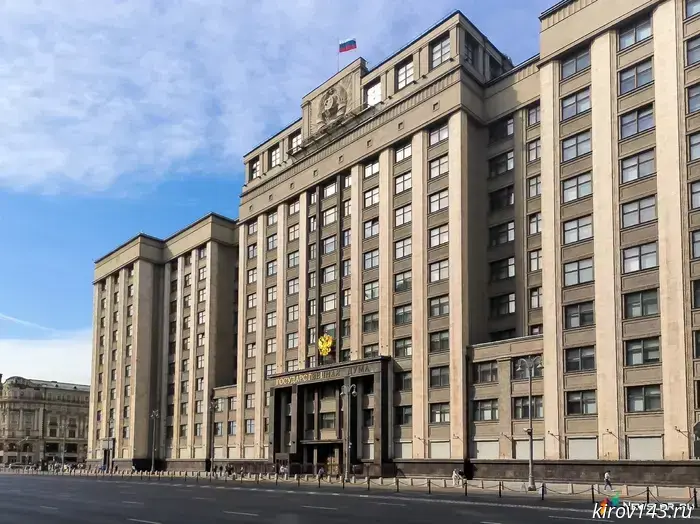
Analyst: a decrease in the key rate will not lead to a drop in prices
It is worth recalling that recently the Central Bank lowered the key rate to 18% per annum. We asked analysts what consequences this will have for ordinary people, in particular whether prices will decrease as a result.
Natalia Milchakova, leading analyst at Freedom Finance Global:
"The Bank of Russia predictably lowered the key rate on July 25, as inflation has begun to slow down, inflation expectations remain stable, and lending has significantly decreased. For ordinary citizens, the consequences of the CB RF lowering the key rate will be a reduction in bank interest rates on loans and deposits. This is good news for future borrowers, including mortgage borrowers, but not the best for depositors.
As noted in the accompanying comment by the CB RF, monetary and credit conditions remain tight for now, meaning that the ‘key’ rate of 18% per annum, which serves as a benchmark for banks, is still high. Accordingly, bank interest rates—both on loans and deposits—will decrease, but there will be no collapse in interest rates.
Consumer prices will not start to fall due to the rate cut. On the contrary, with an increase in lending—possible after reducing loan interest rates—consumer demand will grow, which in turn could drive prices up, except for food products subject to traditional seasonal deflation (fresh vegetables and fruits).”
Olga Belenkaya, head of macroeconomic analysis at FG Finam:
"At the meeting on July 25, the Bank of Russia lowered the key rate to 18%. The move coincided with our expectations and the consensus forecast of the market, although the range of expectations this time was quite wide—from 100 to 300 basis points. The CB maintained a neutral signal—‘further decisions on the key rate will depend on the sustainability of inflation slowdown and the dynamics of inflation expectations.’
The reduction of the key rate means continued decrease in bank deposit interest rates and a gradual reduction in loan rates. Although rates are still quite high, easing monetary conditions could become more noticeable later on. In particular, this will provide more opportunities for borrowers to obtain loans—especially, demand for mortgages and auto loans may increase. Some may also refinance their previously taken more expensive loans at lower interest rates. For the corporate sector, where more than half of the loans are issued at floating rates, the decline in the key rate will more quickly translate into a reduction in borrowing costs."
Другие Новости Кирова (НЗК)
 The advertising of magicians and tarot readers will remain in the public space: the government did not support the ban.
An attempt to restrict the promotion of esoteric services in Russia did not find support within the government.
The advertising of magicians and tarot readers will remain in the public space: the government did not support the ban.
An attempt to restrict the promotion of esoteric services in Russia did not find support within the government.
 Kirov residents are losing their temper due to colleagues and management.
Colleague behavior and management attitude have become the main causes of work-related stress for residents of Kirov.
Kirov residents are losing their temper due to colleagues and management.
Colleague behavior and management attitude have become the main causes of work-related stress for residents of Kirov.
 Heat without rain: warm and dry weather expected in Kirov until the end of the week
From July 30 to August 1, in Kirov and the surrounding area, the weather will remain warm and windy, with no precipitation. Daytime temperatures will rise to +30 degrees.
Heat without rain: warm and dry weather expected in Kirov until the end of the week
From July 30 to August 1, in Kirov and the surrounding area, the weather will remain warm and windy, with no precipitation. Daytime temperatures will rise to +30 degrees.
 At Zavodskaya, they are constructing an access road to the kindergarten.
The work is scheduled to be completed in early August.
At Zavodskaya, they are constructing an access road to the kindergarten.
The work is scheduled to be completed in early August.
 A contract has been signed for the construction of a school in Nolinsk.
The project is overseen by the "Single Customer Service."
A contract has been signed for the construction of a school in Nolinsk.
The project is overseen by the "Single Customer Service."
 Russia will officially close 20 border crossings with Ukraine.
Starting August 1, the operation of 13 automobile and 7 railway checkpoints established under the 1995 agreement will cease.
Russia will officially close 20 border crossings with Ukraine.
Starting August 1, the operation of 13 automobile and 7 railway checkpoints established under the 1995 agreement will cease.
Analyst: a decrease in the key rate will not lead to a drop in prices
Experts shared their opinions on the Central Bank of Russia's decision.
